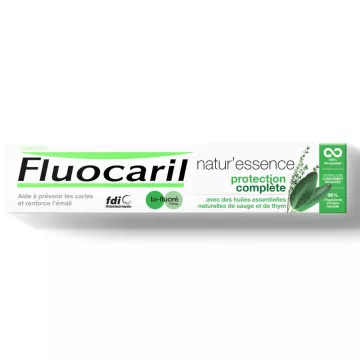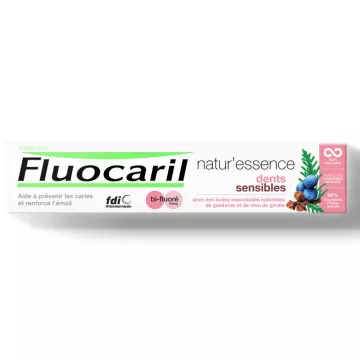

Why is it important to brush twice a day?
Brushing twice a day is crucial to maintaining good oral hygiene. It removes the plaque that forms after every meal. If this plaque is not removed, it can turn into tartar, leading to cavities and gum disease such as gingivitis or periodontitis. Using a fluoride-containing toothpaste also strengthens tooth enamel, reducing the risk of cavities.
What's the correct way to brush your teeth?
For effective brushing, follow these steps:
Following these steps ensures optimal cleanliness and protects against dental problems.
How often should I change my toothbrush?
We recommend changing your toothbrush every three months, or as soon as the bristles start to fray. A worn toothbrush is less effective at cleaning teeth and gums. After an illness, it is also advisable to replace the toothbrush to avoid reinfection.
What role does dental floss play in tooth care?
Flossing is essential for removing plaque and food debris from spaces that the toothbrush can't reach, such as between teeth and below the gumline. Daily flossing prevents cavities and gum disease by reducing plaque build-up.
What are the signs of gum disease?
Gum disease, such as gingivitis and periodontitis, manifests itself through a number of signs, including:
If you notice these symptoms, consult a dentist promptly for appropriate treatment.
Why is regular dental care important?
Regular visits to the dentist can detect dental problems early, before they become serious. A dentist can also perform scaling to remove tartar, which is impossible to remove with ordinary brushing. Regular check-ups ensure optimum oral health and prevent long-term complications.
What impact does diet have on dental health?
Diet plays a crucial role in dental health. Eating foods rich in sugars and starch increases the risk of cavities. To maintain healthy teeth, opt for a diet rich in fruit, vegetables, lean proteins and dairy products. These foods provide the nutrients needed for strong teeth and gums.
What are the benefits of fluoride for teeth?
Fluoride strengthens tooth enamel, making it more resistant to acid attack by cavity-causing bacteria. Using fluoride toothpaste and drinking water containing fluoride are effective ways of preventing tooth decay.
How can I prevent tooth decay?
To prevent tooth decay, follow these tips:
How important is dental sealant for children?
Dental sealants are an effective preventive treatment for children. This treatment involves applying a protective resin to the chewing teeth (molars) to prevent cavities from forming. Dental sealants are particularly recommended for children at high risk of cavities, as they offer additional protection against bacteria and acids.
What are the advantages and disadvantages of electric toothbrushes compared with manual toothbrushes?
Advantages of electric toothbrushes :
Disadvantages of electric toothbrushes:
Manual toothbrushes are less expensive and easier to transport, but require proper brushing technique to be as effective as electric brushes.
What are the effects of tobacco on oral health?
Tobacco has a number of harmful effects on oral health, including
Quitting smoking is essential to improving oral health and reducing these risks.
How does pregnancy affect the health of teeth and gums?
During pregnancy, hormonal changes can affect oral health in a number of ways:
Pregnant women should maintain good oral hygiene and consult their dentist regularly.
What treatments are available for sensitive teeth?
Sensitive teeth can be treated in a number of ways:
We recommend consulting a dentist to determine the cause of sensitivity and choose the appropriate treatment.
How important is hydration to oral health?
Hydration plays a key role in oral health for several reasons:
Maintaining good hydration is essential to support the mouth's natural functions and prevent various dental problems.